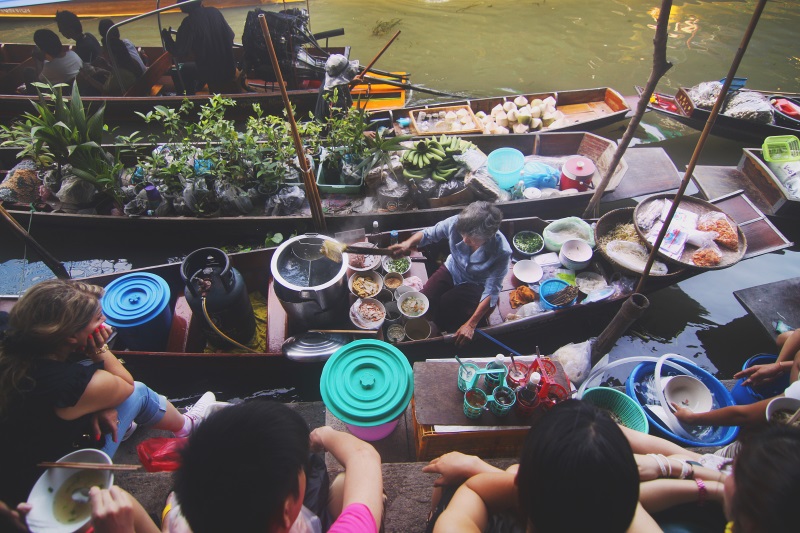Well before leaving on your trip (we recommend 45 days before departure), hold a meeting to discuss the following with your youth and their parents (in addition to the trip itinerary and other items):
Hospitals: Be sure to familiarize yourself with the location of the nearest hospital for each location you visit, and check on insurance applicability in case of injury or illness.
Vaccinations: Well ahead of your trip check if certain vaccinations are recommended for the country or countries you are visiting. Let parents know with plenty of notice.
Air Sickness: If any of your travelers are prone to air sickness, be sure to request a window seat over the wing for them and tell them to wear loose, comfortable clothing and shoes for the flight. Remind them to drink plenty of water and to be sure to eat during the flight. Motion sickness medication or other motion sickness products may help as well.
Local Water: While in foreign countries, advise your group to drink bottled water as much as possible as local tap water sometimes irritates the digestive system of travelers. Also minimize the consumption of raw foods washed in local tap water (such as lettuce and fruit) for the same reason.
Medication and Eyewear: Notify parents that they may want to send extra prescription medication, contacts or glasses in case something gets lost or damaged, or travel is delayed. Extra supplies should be kept in carry-on bags – never in baggage to be checked in case the luggage is lost or delayed. Avoid purchasing medication while in another country as it may affect the person differently than their usual brand.
Passports and Customs: Well ahead of the trip have all travelers check their passport to be sure there are 2 to 4 blank visa pages (passport requirement). Be sure passports are renewed at least 9 months before they expire (passport requirement). Read and share the customs restrictions (what you cannot take with you) of the country you’ll be visiting and what you cannot bring back into the U.S. Include this information on the packing list you distribute to travelers.
Money Safety: Have youth bring a safety pouch to hang around their neck or waist under their clothing for storing extra cash. They should keep only cash needed for the day in their wallet. If something happens to the wallet or money they will still have the extra cash.
Local Currency: Always get some local currency for emergencies, even if you brought traveler’s checks or will use credit cards for most transactions.
Valuables: Emphasize to youth and their parents that bringing valuables along on the trip not only can cause issues if they get lost or damaged, it can also make them a target for crime.
Backup Documents: Have all travelers pack a photocopy of their ID, passport and trip itinerary in their carry-on and suitcase so backups are available if needed. Document photos on phones are good to have, but be sure to have hard copies in case someone needs to keep one.
For Emergencies: Bring the telephone number and address of the local U.S. Embassy or Consulate so you have it in case you need it.
Featured image by Harvey Enrile via unsplash.com.

